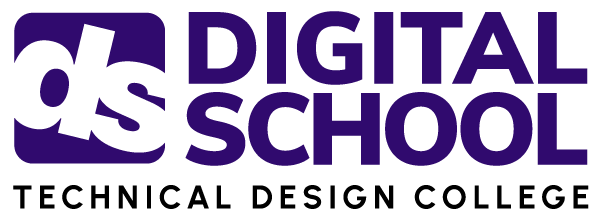Computer-assisted design training, an attention to detail, and an eye for design are qualities that translate easily across industries. This means that, after graduating from a CAD training program, there is plenty of potential for different and interesting work. Graduates can find themselves doing everything from drawing components for advanced machinery to modeling the buildings of tomorrow. Whatever your own interests and talents are, odds are good that you can find a CAD-related career that suits you.
Curious about where you might end up after your online training? Here are a few of the industries that are likely destinations for graduates of CAD training programs.
1. Aerospace Engineering Businesses Can Hire Grads of Technical Design Programs
The aerospace industry is hugely important to the global economy, with responsibilities ranging from local travel to delivering payloads into space. Companies in this field work with and develop complex machinery, and require a high degree of precision in the designs they use. Even a slight deviation from what is “correct” could cause a device to fail.
Completing CAD training could allow you to work as a CAD technician or engineering assistant in the aerospace industry. In these roles, you would assist engineers in designing and modeling various components and designs meant for aerospace products. This work is best suited to graduates of an Engineering CAD Technician Diploma or Computer Aided Drafter certificate program. Solid technical communication and mathematics skills, and a well-honed ability to draw machinery within CAD programs will help you find success doing design work in this field.
2. Architectural CAD Work Is a Great Path for Graduates of CAD Training Courses
Students of computer-aided design training know that the old way of designing buildings, which required multiple drawings to capture different sides and angles of a project, is inefficient. Now, CAD professionals are able to model a building in 3D once and manipulate that model to examine it from many different perspectives. It saves time and effort and is one of the main reasons why graduates with CAD training are so valuable in the architectural and construction industries.
All of the programs at Digital School offer some instruction in architectural CAD work, but the Architectural CAD Technician Diploma program is the best fit for this career path. Graduates leave with everything they need—from architectural drawing skills to knowledge of building science and land development—to succeed in an architectural CAD technician career.
3. The Petrochemical Industry Relies Heavily on Graduates of CAD Training Courses
In addition to fuel, petroleum helps create plastics, medicine, and fertilizers. This means that, whatever changes occur in energy production over the coming years, oil extraction and the many industries associated with it are not going away anytime soon.

The petrochemical industry is a good fit for professionals with CAD training
Graduates of technical design programs—and particularly our Engineering CAD Technician Diploma with Process Piping Specialization program—are quite valuable to the companies working in petroleum-related industries. Their skills allow them to help engineers develop the piping and storage infrastructure, specialized extraction equipment, and petroleum recovery processes necessary for a petrochemical company to succeed.
If you like the idea of learning how to use CAD to help model everything from machinery to structures, making a career as a CAD professional in the petrochemical industry is an excellent choice.
Do you want to get started with CAD training courses?
Visit Digital School for more information about getting started.

